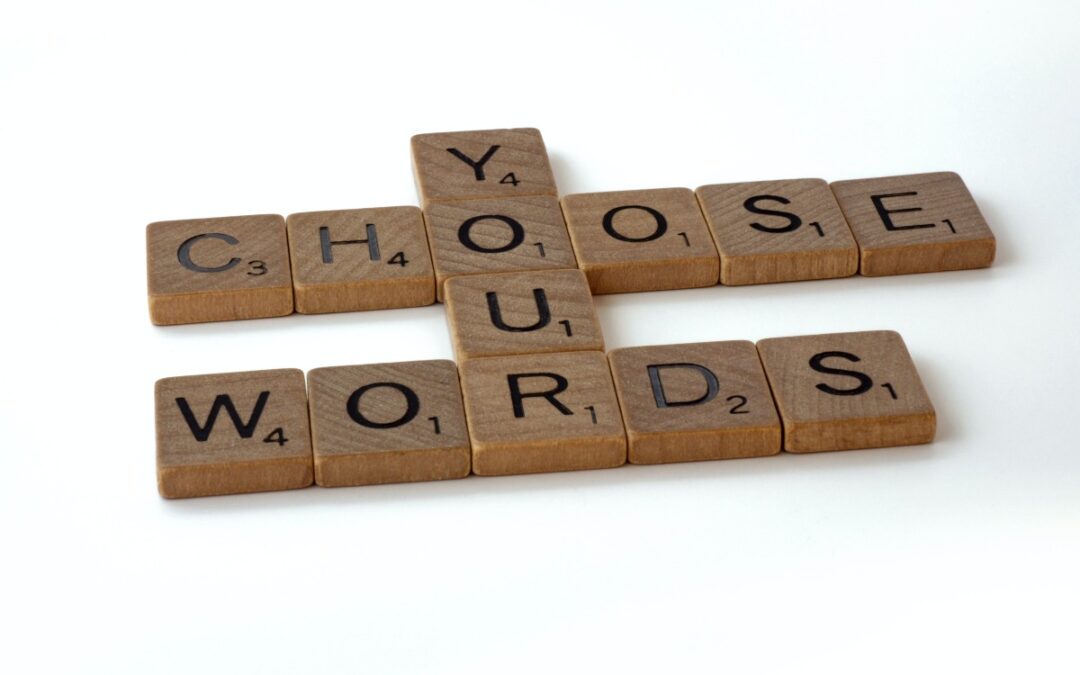The way we speak about recovery affects relationships built in treatment and our own emotional experience of recovery. By understanding appropriate language within addiction recovery, you can ensure you are being respectful when communicating on the subject of addiction.
Positive Impacts of Language
When language is used appropriately, it can help people seek help when they need it. For example, positive language can help people overcome the fear of treatment. Many individuals fear treatment because of the negative stigmas about seeking treatment. Positively discussing the topic of addiction recovery can encourage a more positive viewpoint on the treatment process, allowing people to get the help they need.
Positive language can also empower people in recovery by improving their viewpoints on their recovery journey. Using appropriate language and positive communication can encourage others to feel included within society. This communication can motivate others to continue their recovery progress. If you are in recovery, using positive language can help you maintain a constructive mindset about your condition.
Negative Impacts of Language
Conversations about addiction can often be stigmatizing. Addiction stigmas create a sense of negativity toward individuals with substance use disorder (SUD), leaving them to feel ashamed of their disease. Stigmas about addiction can often lead people to avoid seeking help out of fear of judgment. They can also make people lose hope in their ability to continue the process of recovery and achieve or maintain sobriety.
The use of negative language encourages others in society to use the same terms, reinforcing the negative stigmas on SUD. While the use of this language is often unintentional, it can influence the negative thought patterns of individuals who need treatment, those in recovery, and others in society.
How to Use Positive Communication
One way to ensure you are creating a positive impact with your language is to understand how to communicate positively. Communication skills are often taught in treatment and can be worked on throughout your life.
The following techniques can be used to promote language positivity.
#1 Address Current Stigmas
When you hear statements about addiction or people with SUD that are incorrect or stigmatizing, correct the statement. Informing others about the reality of addiction can discourage misinformation and negative stigmas from spreading. By advocating for change, you can help society stray away from these negative viewpoints, increasing the level of societal support for recovery. This level of advocacy can improve recovery programs and normalize awareness of SUD and other mental health conditions.
#2 Alter Your Language
It is essential to consider the words you use to talk about different aspects of addiction and recovery. By altering the way you address certain situations, you can lead the conversation in a more positive direction. This can also help you keep a more positive mindset for recovery.
Review the following alternative terms that can be used to discuss addiction in a healthy way:
- Instead of using the terms “addict,” junkie,” or abuser,” try saying, “a person with substance use disorder” or “a person with opioid addiction,” etc.
- Instead of using the terms “alcoholic” or “drunk,” try saying, “a person with alcohol use disorder” or “a person who misuses alcohol”
- Instead of referring to an individual as “a former addict,” refer to them as “a person in long-term recovery”
- Instead of referring to drug tests as “failed” or “dirty,” try referring to the test results as “positive”
Many of the commonly used terms have a negative image in society, and they can make people feel defeated or defined by their addiction. Conversely, these simple language alterations can help people feel more comfortable being honest about their experience with SUD. It can also remind them that their disorder is not their identity.
#3 Keep a Positive Tone
When discussing aspects of addiction recovery, some individuals tend to have a naturally demeaning tone in their voices. Conversing with a negative tone can subconsciously reinforce the negative views of SUD recovery. By using a positive and uplifting tone when discussing these subjects, you can create an environment to safely discuss recovery in a motivating way.
Keeping a positive tone can be beneficial to others in the conversation as well as yourself. When you speak with an underlying sense of positivity, you are associating the idea of recovery with that positive tone. This can be a great way to realign your focus and maintain motivation within recovery by viewing recovery as an accomplishment and not a state of embarrassment.
#4 Consider Your Mindset
It is often easier to use more positive words than to think more positive thoughts about addiction recovery, especially if you are in recovery yourself. Fortunately, changing the way you speak can go a long way in helping you change the way you think. Even if you do not believe that you can get through recovery, speaking positive affirmations aloud can improve your motivation.
The way you speak about addiction with others is also an important factor that impacts your mindset. Remember to talk about yourself with the kindness that you use to speak of others.
The way we communicate with others has a great impact on people’s willingness to seek treatment for addiction and their ability to continue their recoveries. The effects of language are often overlooked, but when used appropriately, language can create positive change. Many conversations about addiction recovery are full of negativity and stigma. Negative phrases, viewpoints, and tones unhelpfully reinforce the stigma of addiction subconsciously, causing individuals who need help to fear seeking treatment. The fear of societal judgment is a common obstacle for people to overcome when seeking recovery. Altering the language we use and advocating for positive communication can decrease the negative viewpoint of recovery within society and motivate individuals to seek the help they need. To learn more about the impact that language can have on the process of addiction recovery, reach out to Dream Recovery today at (949) 732-1960.


Recent Comments